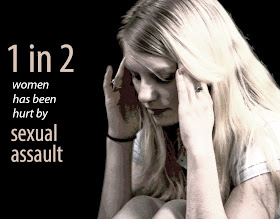 |
| From right: Yolo County District Attorney Jeff Reisig, Government Operations Agency Secretary Marybel Batjer, and County Victim Services Program Manager Laura Valdes, with Aloha |
Aloha was bred and trained at Gabby Jack Ranch, a nonprofit organization out of Penn Valley, California that provides service, therapy and comfort dogs for people with physical and/or emotional challenges. She began her service training when she was just ten weeks old with Training Coordinator Terry Sandhoff, and is now part of an elite team formally known as High Performance Therapy (HPT) Dogs focused specifically on aiding the victim services community. In order to most effectively support survivors, who often suffer enduring psychological disabilities such as Post Traumatic Stress Disorder (PTSD), Aloha has undergone extensive, specialized training focused on the needs of victim services.
“Therapy dogs help people victimized by others to open up, tell someone and turn their traumatic events into personal triumph.”
—Gabby Jack Ranch founder and CEO Jacque Reynolds
—Gabby Jack Ranch founder and CEO Jacque Reynolds
Canine companions like Aloha are trained to assist crime victims and witnesses as they prepare for court and while testifying in trials, as well as to build courage and confidence in their ability to open up about the crimes they have been too afraid or too ashamed to face. In addition, the temperament, intelligence and friendly dispositions of HPT dogs make them very successful in comforting both adults and children alike. For kids, pups like Aloha serve as “a friend to whom they can share all of the horrors, tell all of their fears and receive non-judgmental and unconditional acceptance,” shares Gabby Jack Ranch founder and CEO Jacque Reynolds.







